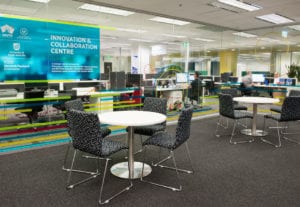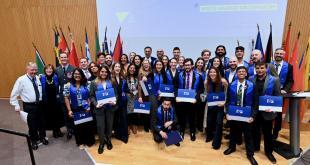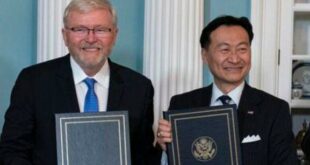
The University of South Australia’s Innovation and Collaboration Centre (ICC) is now accepting applications for its 2020 Venture Catalyst Space programme.
As Australia’s first space incubator, the programme forms part of the state government’s AUS$4 million (U.S.$2.7 million) Space Innovation Fund which is delivered by global partners including the South Australian Space Industry Centre and the International Space University.
Now in its third year, the programme supports space startups to validate and test their products side by side with South Australia’s growing space industry. Already the Australian Space Agency and more than 60 space industry companies are located in Adelaide.
The programme is aimed at creating a competitive and globally recognised space sector in South Australia, and in 2019 had companies from Canada, India and Australia take part in the program. Last year’s participants included: Astrogate Labs (India), Lux Aerobot (Canada), FireFlight (South Australia), Nano Spaces (South Australia) and, Aeon (by Lookinglass) (South Australia). Each received funding, workshops, mentoring, and introductions to the Australian space industry as well as a world-class workspace for the duration of the program.
“Since launching the programme we have supported ten companies to build out their minimum viable product, raise funds and develop partnerships with both research and industry in Australia,” said Jasmine Vreugdenburg, ICC Associate Director.
She encourages companies from across the global space industry to apply.
“South Australia is home to a rapidly growing space industry, and we are once again seeking applications from local and international companies wanting to develop their networks and business ideas here,” she added.
Lux Co-Founder Katrina Albert said that the programme enabled her business to successfully build and trial its technology in a real-world setting while developing industry connections.
“During our time in the 2019 programme, we completed a successful test launch of a one-storey-high aerial monitoring balloon,” Albert said. “This launch allowed us to test our technology which is set to be rolled out at three South Australian mine sites this year.”
Applications are now open for the 2020 intake via icc.unisa.edu.au and will close on 23 March (international applicants) and 23 April (Australian applicants). The programme will run from June to December 2020.





